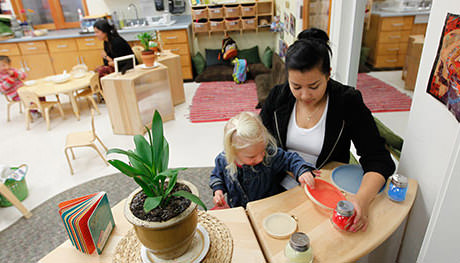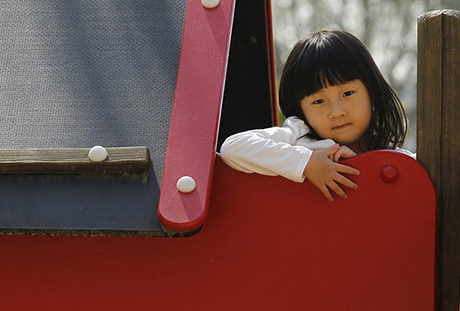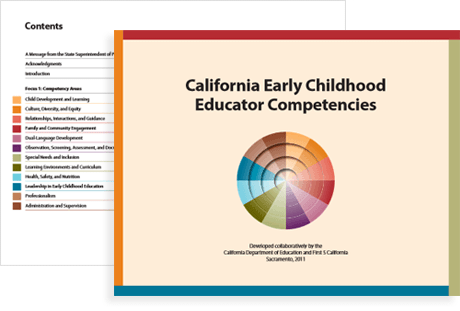The early childhood experience involves planning for a variety of environments. The physical environment may be the first one that comes to mind. But the social, intellectual, and emotional environments are equally important and critical to children's overall well being. Remember that the environment — in all of its aspects — is our partner in providing high quality early childhood programs.


"The range of competencies that dual-language learners acquire in each of their two languages depends critically on the quality of the learning environment. Children need long-term, regular, and enriched exposure to both languages if they are to acquire full competence in both and if they are to enjoy the long-term benefits that come from being bilingual."
— Fred Genesee, 2008
Early childhood program environments must be "additive," with continually enriched exposure to both languages to encourage dual language.
Choose an area that you want to begin improving in your physical and social-emotional environments for dual language learners. Make one of more small changes and observe the effects for several weeks. Write down your reflections, based on the actions you took and the changes you documented.
Use this template to record your observations, thoughts, and feelings. Download the Template
Deepen your understanding by reviewing Performance Area 3: Observation and assessment of young dual-language learners in the CA ECE Competencies. Scroll to page 49.
Can you find other places in this competency area that address these questions?

Return to this article about "Social Justice in Early Childhood Classrooms" to consider changes you might want to make in how you approach your work.